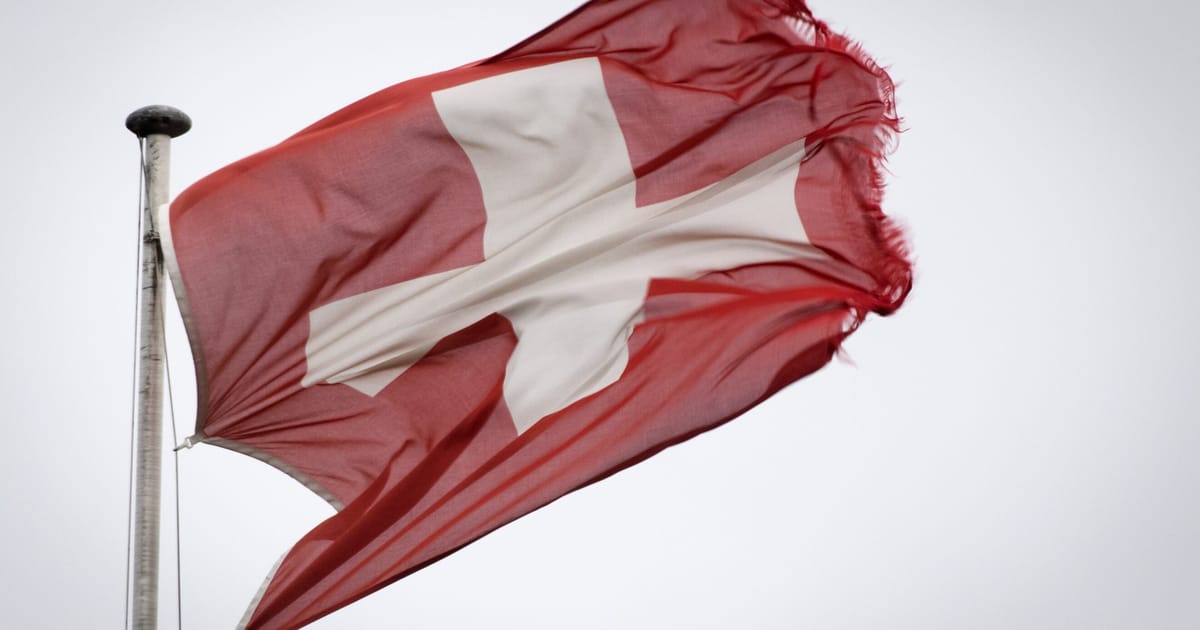

In recent global economic developments, the United States has announced its decision to impose new tariffs on a range of international trade partners, marking a significant step in its ongoing efforts to reshape global economic relationships. As the world watches these shifts, other economic markers, like Eurozone inflation, continue to offer a glimpse into the intricate balance of global markets.
The announcement from the United States confirms that tariffs will range from 10% to as high as 41% on imports from numerous countries. Among the heavily impacted nations is Switzerland, which will see its goods subject to a 39% tariff. This decision coincides with the Swiss National Day, bringing to light the intricate interplays between politics and international celebrations. The Swiss leadership is yet to respond officially to these changes as they evaluate potential impacts and diplomatic pathways forward.
Elsewhere, the effect of the tariffs has rippled through the stock markets, leading to discernable declines as investors assess the potential repercussions on international trade and economic stability. Countries such as India, Taiwan, and South Africa are also navigating this new landscape, with tariffs set at rates of 25%, 20%, and 30% respectively. Recognizing the global economic influence of these moves, the U.S. has extended the deadline for a tariff agreement with Mexico by 90 days, providing some respite and room for negotiation.
In parallel with these developments, the Eurozone’s financial metrics present a nuanced picture. In July, inflation within the Eurozone maintained a steady rate of 2%, a figure that aligns with the European Central Bank’s target. This stability offers a mixed blessing, as rising food costs have been offset by declining energy prices. This balance provides grounds for the European Central Bank to possibly pause any changes to interest rates, maintaining a cautious approach amid these varying signals.
As these economic currents unfold, each nation faces unique challenges and opportunities. For Switzerland, the focus will likely be on navigating the new tariffs with strategic diplomacy while celebrating its cultural milestones. In the Eurozone, ongoing assessments will determine the most prudent fiscal policies to sustain economic growth and stability.
On the broader stage, Israel finds itself embroiled in its own complex dilemmas, unrelated to tariffs but underscoring the multifaceted global issues at play. The Israeli government continues to navigate accusations and concerns regarding aid distribution in Gaza, where reports indicate severe humanitarian challenges. As with the economic shifts, this situation calls for careful international dialogue and collaboration to ensure humanitarian needs are met.
These stories collectively emphasize the interconnectedness of global economies and the intricate balancing act that countries must perform to align national interests with international dynamics. As the world navigates these multifarious challenges, a calm and measured approach remains essential, fostering a climate of mutual understanding and resilience amid changing tides.
Source: {link}
